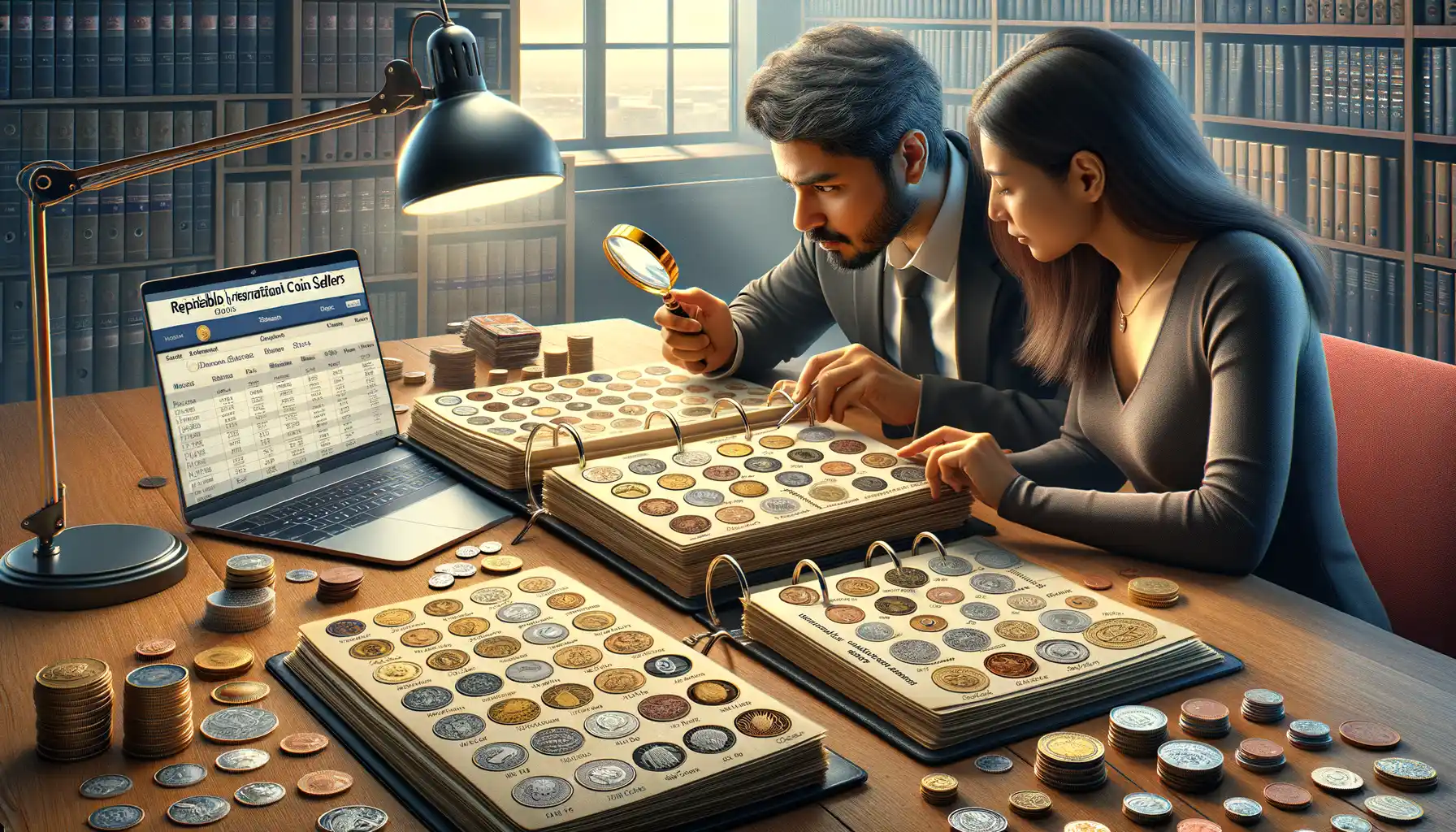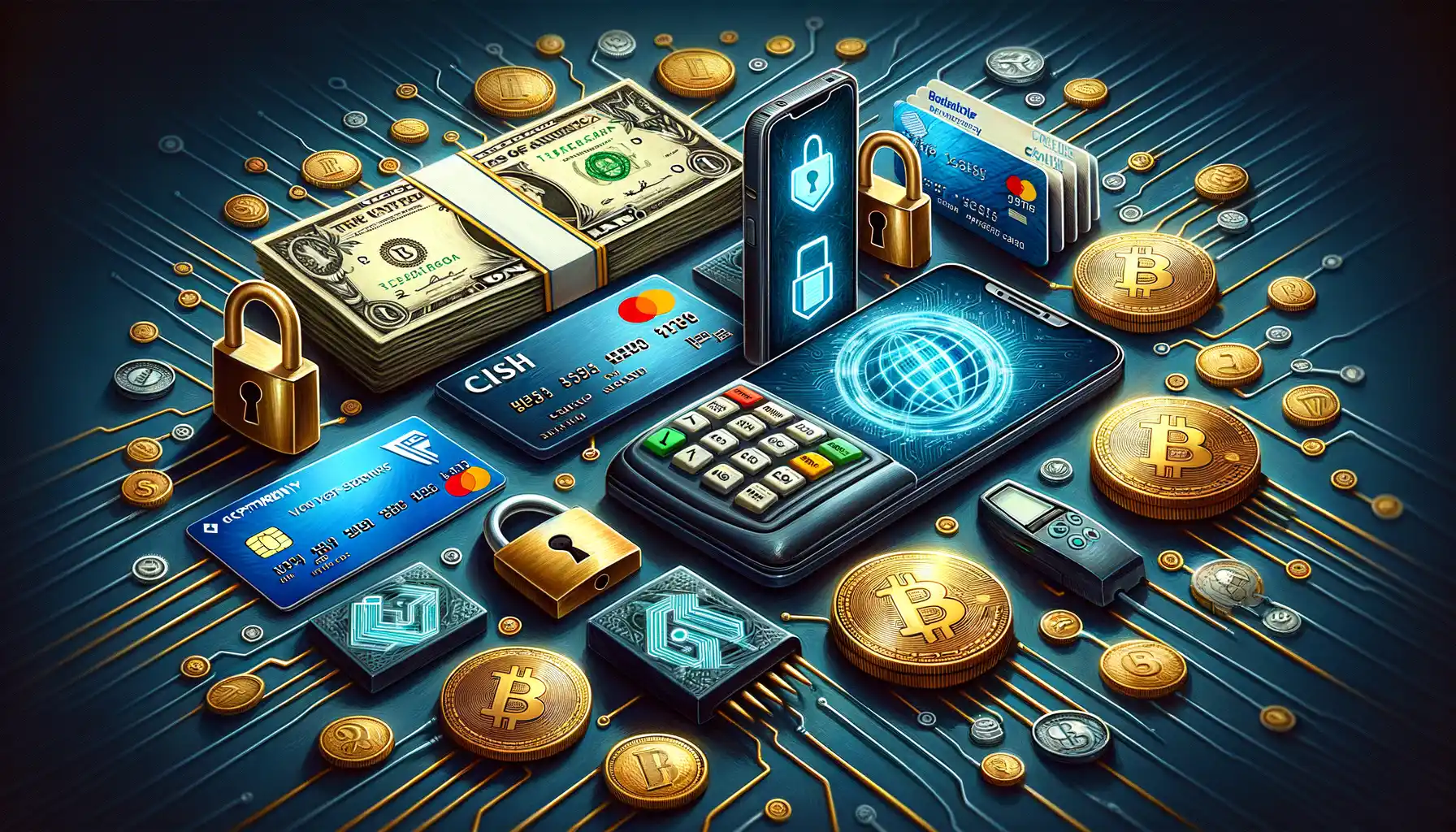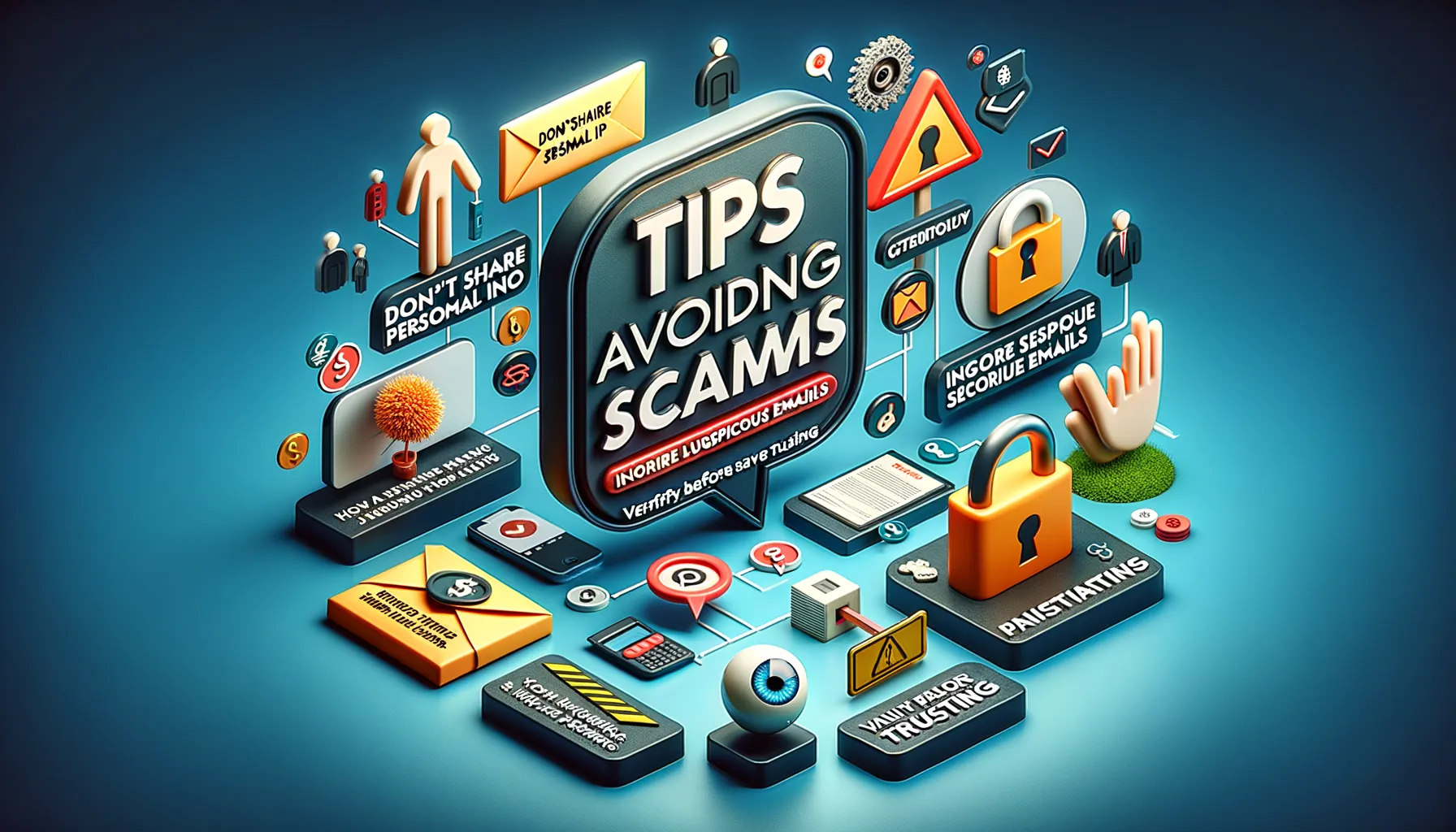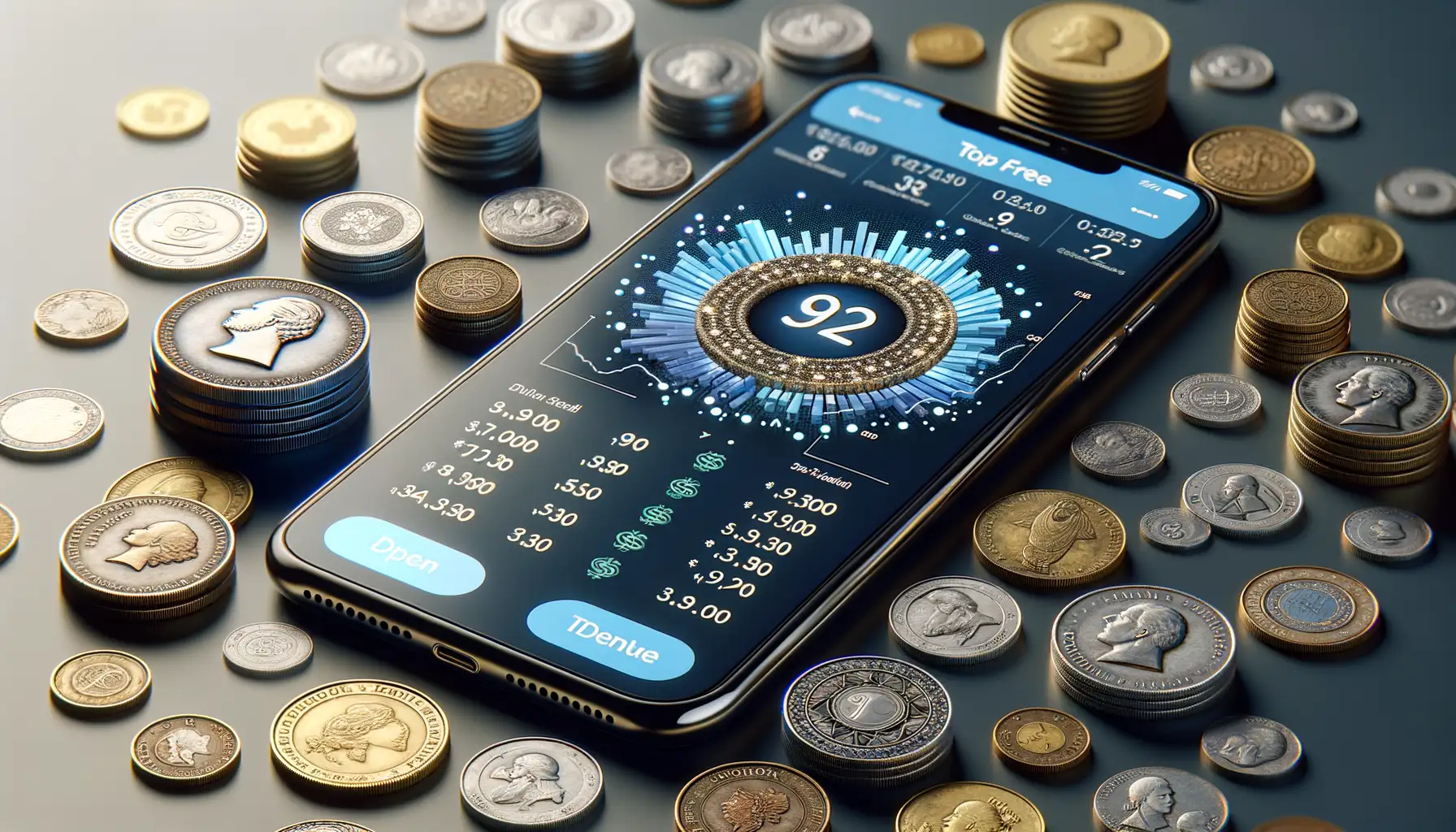Understanding the Risks of Buying Coins Internationally
Hidden Hazards You Might Not Expect
When you’re diving into the exciting world of buying coins internationally, it feels like a treasure hunt. But beneath that shimmering surface, there are potential pitfalls waiting to catch even the savviest collectors off guard. Some risks are glaring, but others? Camouflaged like a counterfeit coin in a dazzling pile.
Imagine this: you find a rare 19th-century silver coin on a website overseas. The photos look pristine, the description reads like pure poetry—it’s everything you dreamed of adding to your collection. But here’s the kicker: how do you know it’s authentic? Fakes can be meticulously crafted, often fooling even experienced eyes. And that’s just one puzzle piece.
- Currency Conversion Woes: Between fluctuating exchange rates and hidden fees, you might pay far more than expected.
- Unclear Return Policies: What happens if the coin arrives damaged—or worse—not at all? Do they even offer returns for international buyers?
- Documentation Issues: Without proper certificates or provenance, resale value can plummet.
The Problem with Trusting the Unknown
Let’s talk trust. When you buy locally, there’s usually a face, a handshake, a chat. Buying internationally can feel like walking a tightrope blindfolded. What if the seller vanishes after receiving payment? Or promises “mint condition” but ships something scratched-up and dull? Even platforms with glowing reviews can harbor a few bad apples.
Pay attention to clues: inconsistent product photos, vague descriptions, or sudden price drops that seem too good to be true. If your gut is telling you to pause, listen. Part of smart collecting is knowing when to walk away from a “bargain.” After all, no shining coin is worth tarnishing your peace of mind!
Choosing Reputable International Coin Sellers

Spotting Trustworthy Sellers: Red Flags and Green Lights
Embarking on the hunt for reputable international coin sellers? It’s like navigating a treasure map—exciting, but fraught with tricky turns. The key is to recognize who’s legit and who’s just in it for a quick buck.
Start with their reputation. A seller with plenty of glowing reviews from seasoned numismatists is often gold. Platforms like eBay and dedicated coin forums are excellent places to gather feedback. Look for patterns—if multiple buyers rave about their quick shipping and accurate descriptions, chances are you’ve struck reliability.
On the flip side, beware of red flags. Does their website feel like it was last updated in 2001? Do they shy away from professional certifications like ANA (American Numismatic Association) or IBNS? Or worse—are their images stock photos instead of actual depictions of the coin for sale? Run faster than a sprinter at the starting gun.
- Check credentials: Are they part of a trusted dealer network?
- Verify authenticity: Do they provide verifiable certifications for rare or pricey coins?
Remember, trust isn’t earned overnight. A little due diligence now can save you from a world of headaches later.
Payment Methods and Their Security

Why Choosing the Right Payment Method Matters
When it comes to buying coins internationally, your payment method isn’t just about convenience—it’s your shield, your fortress of security. A poorly chosen option can leave you vulnerable. Think of this as setting the foundation for your trust-filled transaction.
Not all payment methods are created equal. Some provide a safety net in case things go south, while others leave you exposed like an unprotected treasure chest. For international purchases, prioritizing methods with buyer protection is a must.
- PayPal: The knight in shining armor of online payments. Its buyer protection policies often cover non-delivery or discrepancies in your order.
- Credit Cards: With chargeback rights, they act as a failsafe if a seller turns rogue.
- Cryptocurrency: Great for anonymity but offers zero protection if something goes awry—tread cautiously!
Red Flags to Avoid
Picture this: a seller insisting on a wire transfer or asking you to “gift” funds through PayPal. 🚨 These are warning signs! Unlike credit cards or secure e-wallets, such payments are harder to dispute. Always ask yourself, “Will this method protect me if problems arise?”
Taking these precautions isn’t just smart—it’s essential.
Shipping and Customs Considerations

How Your Coins Traverse the Globe
When you’re buying precious coins from an international seller, shipping isn’t just about sticking a label on a package. It’s about ensuring your valuable items make it across borders safely and land in your hands without a hitch. Think of it as choreographing a delicate dance—except instead of dancers, you’ve got customs officers, carriers, and sometimes Mother Nature herself in the mix.
First off, always insist on secure packaging. Coins are small yet valuable, making them a prime target for damage or even theft. Look for sellers who use tamper-proof materials and insured delivery services—because peace of mind is priceless.
Some trustworthy shipping options to consider:
- Registered mail: A slower option, but it’s exceedingly secure and often trackable step-by-step.
- Private couriers: Companies like FedEx or UPS specialize in speed and reliability, though you’ll pay a premium.
Understanding Customs: The Gatekeepers of Your Package
Ah, customs—the necessary checkpoint no international package can skip. Each country has its own policies, which means your beautiful gold coin might need to tango with some paperwork before it reaches you. Research beforehand whether your country has import taxes or restrictions on specific metals or collectibles.
Gift declarations or undervaluing the item to dodge import duties? Don’t risk it! Customs officials are sharper than they look, and the penalties can be steep. Instead, work with sellers who are transparent about their shipping documentation. Honesty keeps your coins rolling smoothly along their journey!
Tips for Avoiding Scams

Red Flags That Should Stop You in Your Tracks
Nobody likes to get duped—especially when it comes to a cherished coin collection. Spotting the warning signs is your first line of defense. Scammers often prey on excitement and eagerness, so keep calm and scrutinize every detail! Here’s what to watch for:
- Too-good-to-be-true prices: If that rare gold coin you’ve been hunting is inexplicably cheaper than anywhere else, stop and ask why.
- Poor communication: A lack of clear, timely responses or vague answers about the coin’s origin should make you raise an eyebrow.
- Demands for non-secure payment methods: If a seller insists on wire transfers or cryptocurrency only, proceed with caution—it’s a popular trick among fraudsters.
Trust, But Verify… Every Single Time
Legitimate sellers will welcome your questions and provide proof of authenticity without hesitation. Ask for high-resolution photos of the coin from multiple angles. Better yet, request certification details and verify them with trusted organizations like PCGS or NGC. Remember, a seller who’s reluctant to share details is waving a big red flag.
Finally, don’t let urgency cloud judgment. A “limited time only” offer can be tempting, but it’s often a ploy to get you to act fast and skip due diligence. Take your time—it’s worth it when protecting your investment (and your peace of mind).


